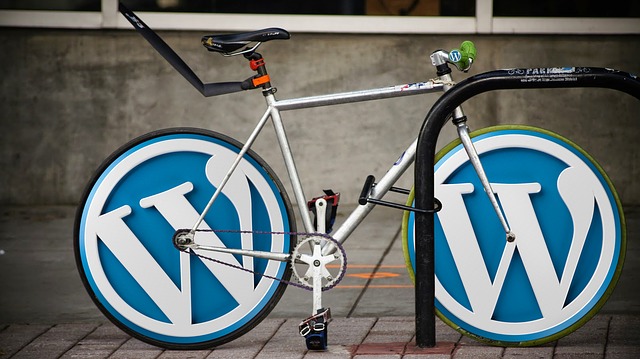For the most part, WordPress is a dream when it comes to website building and maintenance. However, nothing is perfect. If you’re feeling like your WordPress site isn’t quite living up to its potential, there are a few things you can do to enhance your site’s performance. With a bit of guidance, WordPress website optimization can be relatively simple.

If you are noticing that your WordPress’ loading speed is slow, or slower than it was, it’s often better to look at optimizing the entire site, rather than focusing on one particular feature or page. There are a variety of free tools out there that you can run your website through to see which plugins, images, pages, and/or other elements of your WordPress site are slowing it down the most. Anything that has a loading time of more than 4 seconds, consider removing or replacing. You may also want to examine your web host. A reputable web hosting company will take the necessary measures to optimize performance speed, but the reality of shared hosting is that you’re competing for resources with other people. Consider moving to a VPS or managed host, both of which will isolate your server and guarantee more resources will be dedicated to your site. Because WordPress is so popular, many web hosts are specifically optimized for WordPress. If you are not currently being hosted by a provider that’s specifically WordPress friendly, you may want to consider making a switch.
Plugins can also slow down or otherwise inhibit your WordPress site’s performance. Consider removing or replacing any plugins that aren’t strictly necessary. Plugins that are big, slow, or poorly coded can sometimes slow down the speed of your entire site. Like apps on your iPhone, it’s often clear that you have too many when you actually take a quick inventory of what you really need. Replacing one big Plugin with two or three smaller Plugins that cover most of the same bases can sometimes improve your performance as well. Although it may seem counterintuitive to load your site with more Plugins, a big, slow Plugin can sometimes cause more damage than two or even three smaller, faster ones. If you’re good with code, you can often replace many Plugins with code that provides the same service, but in a much more streamlined way.
Images can also slow or inhibit your WordPress site’s performance. Consider resizing large images, or, if possible, replacing them with smaller images that serve a similar purpose. If an image’s height and/or width is not specified in the image’s HTML or CSS, this can also cause problems with the image that effectively slow down the entire page. Most basic image optimization software has a tool for specifying image dimensions, so once you’ve identified the problem, it’s a fairly easy fix. There are also several Plugins that will help you with lossless compression, a way to make your image files smaller without actually resizing them.
Though you may be very attached to your theme, themes that have a lot of built-in features like shortcodes, styling, or additional theme options don’t always function very well. Though the extra features are great, it may be better to migrate your site to a simpler theme. Though the absence of all the fancy features will require a bit more maintenance on your end in terms of site styling, it can sometimes greatly enhance the overall performance of your site.
WordPress configuration is a prevalent cause of slow performance. WordPress sites are “dynamic,” which means pages are essentially rebuilt from scratch every time someone views a post. Because of this, if your WordPress site is not serving cached pages, it will eventually overload your server and erode the performance of your site over time. This can be simply solved by installing a WordPress Caching Plugin. Essentially, this Plugin makes a copy of the page after the first load, and so the next time you or anyone else visits that page, the site doesn’t have to go through the process of rebuilding it.
Check your site for external scripts like ads and font loaders. These often seem small, but they are surprisingly influential in your site’s performance. Like Plugins, these are often features that may seem like they’re doing something interesting to enhance your site, but in reality are often unnecessary. As such, be mindful as to what is actually necessary on your site and what isn’t.

